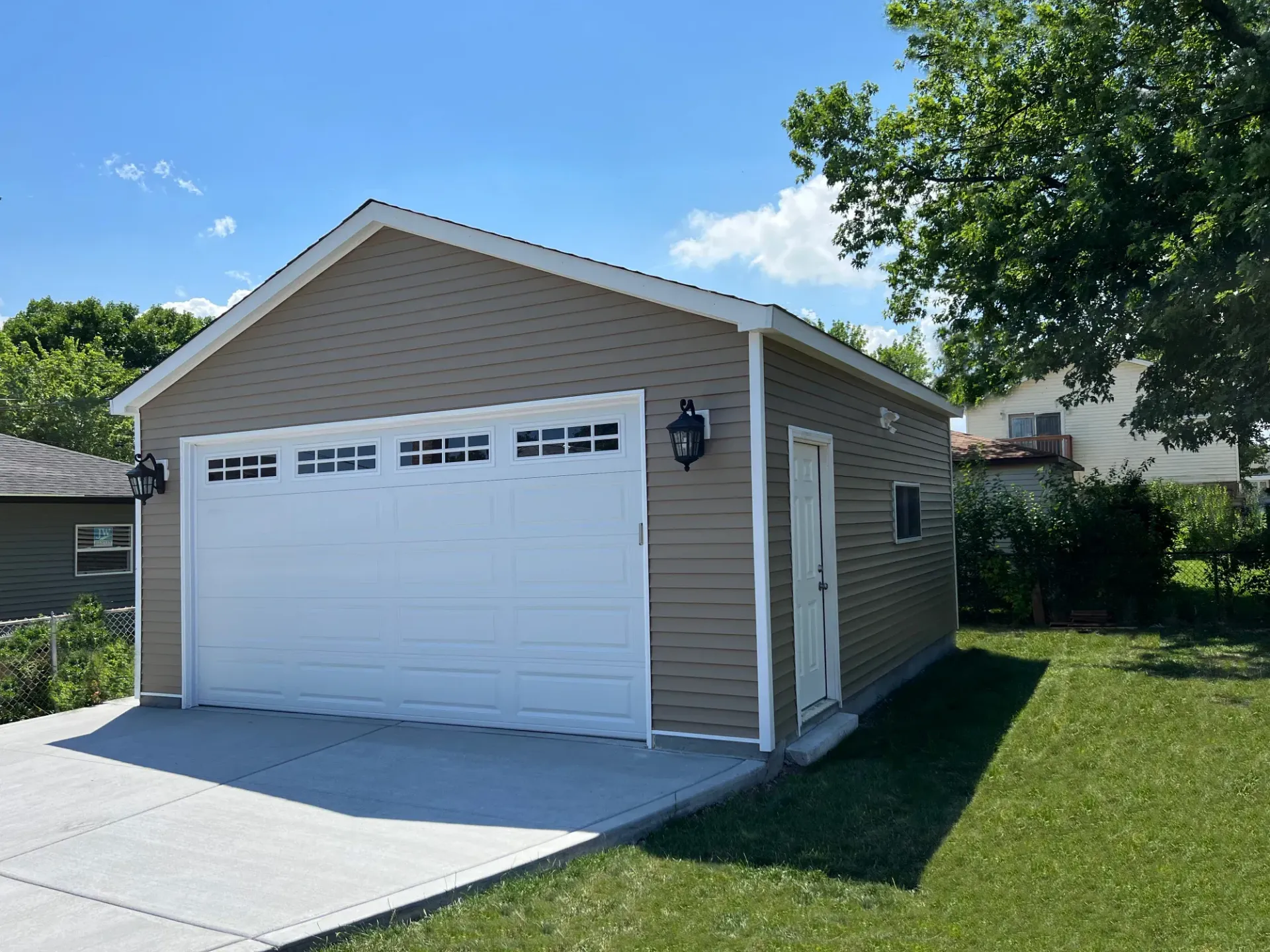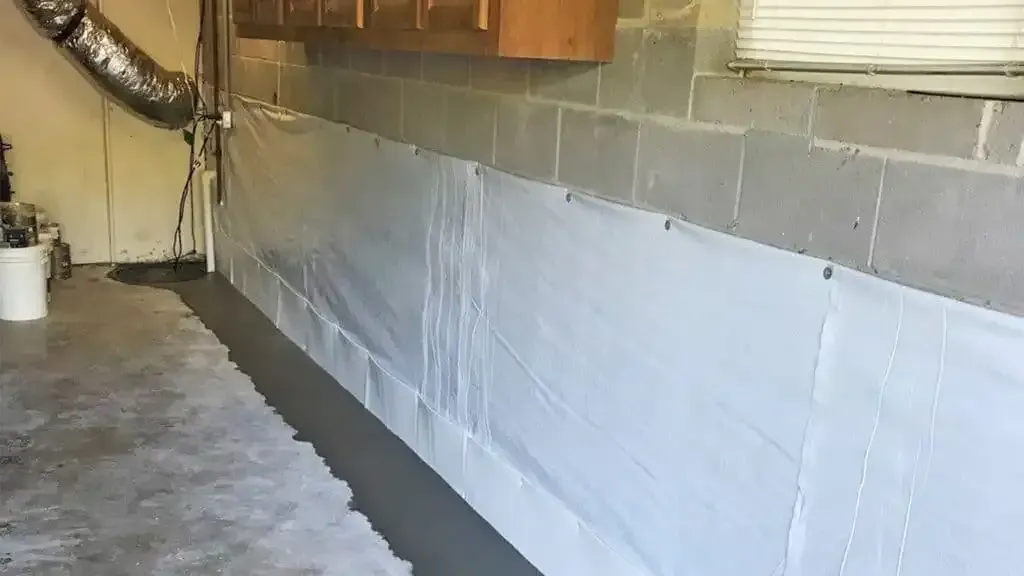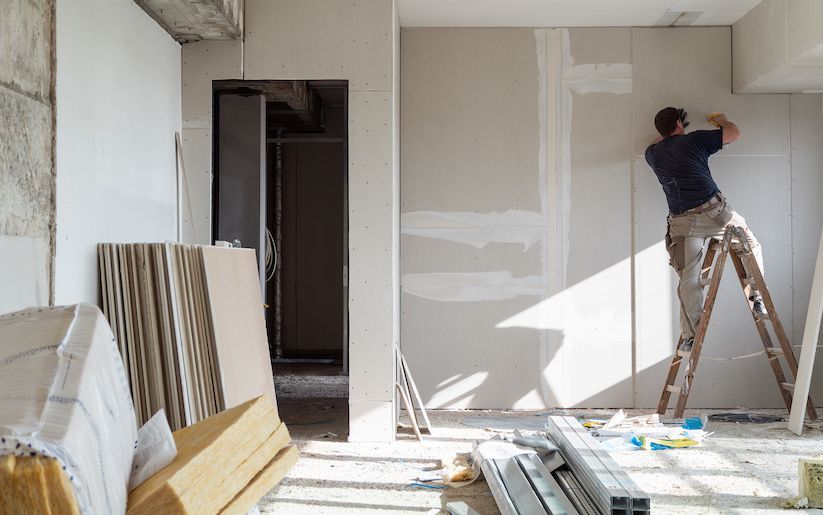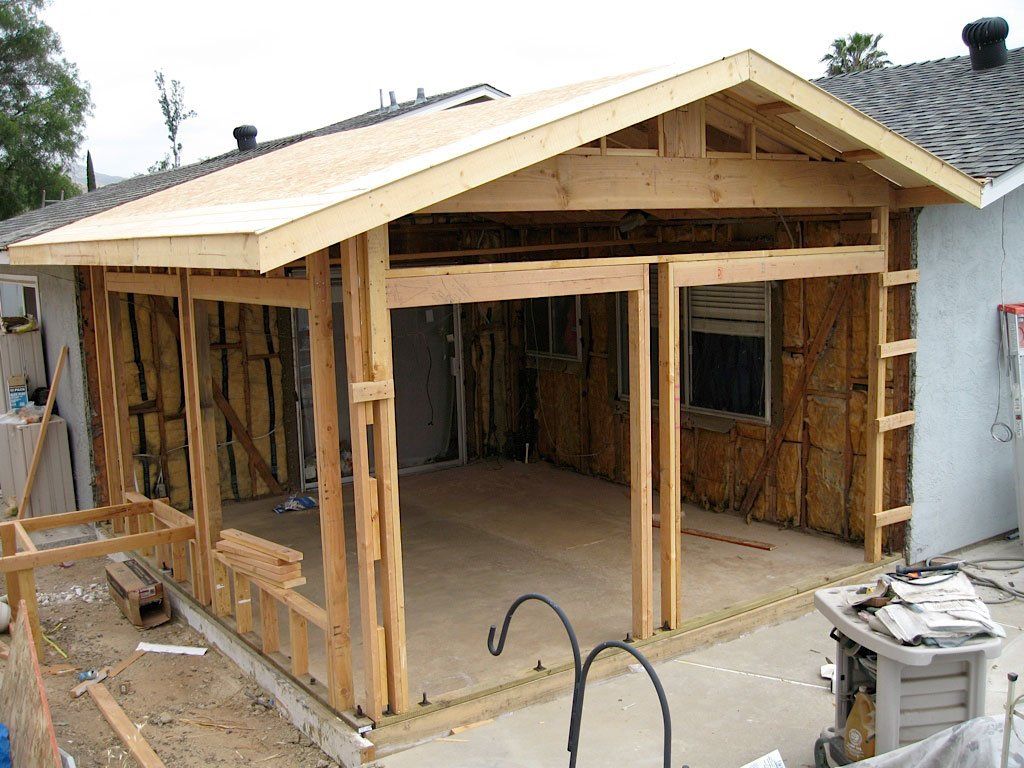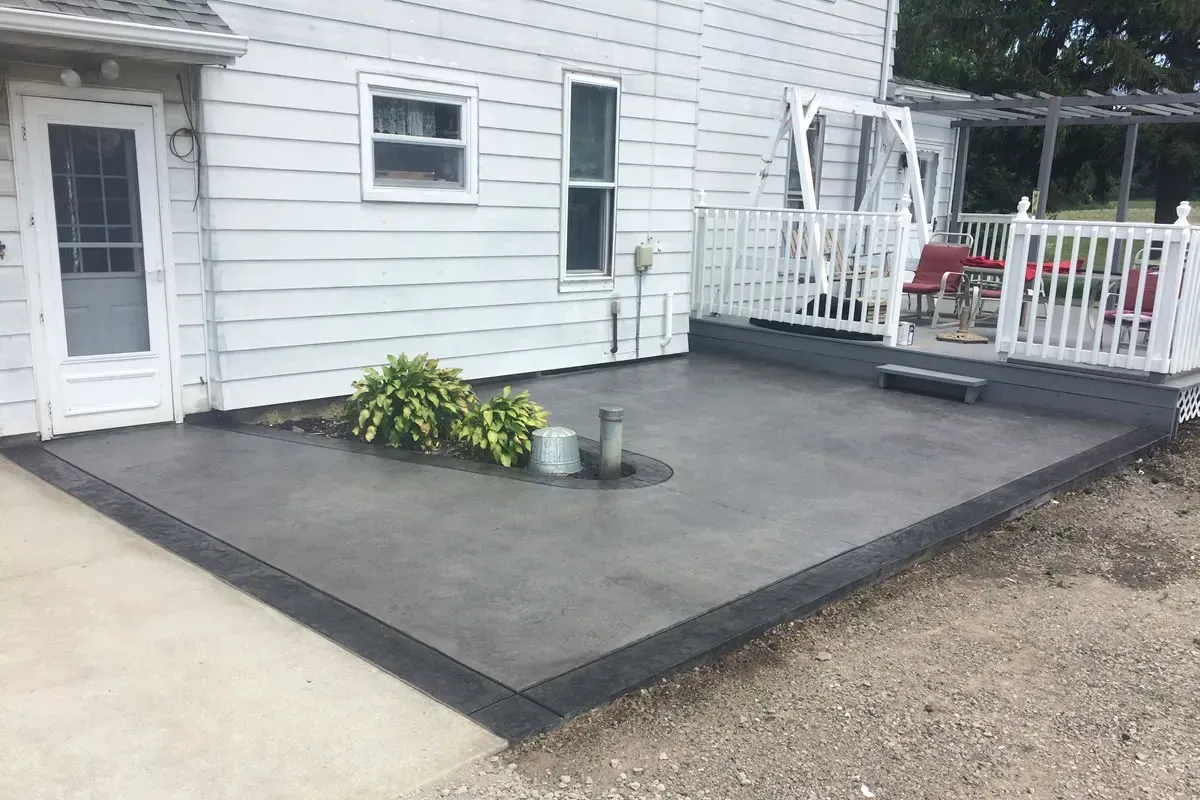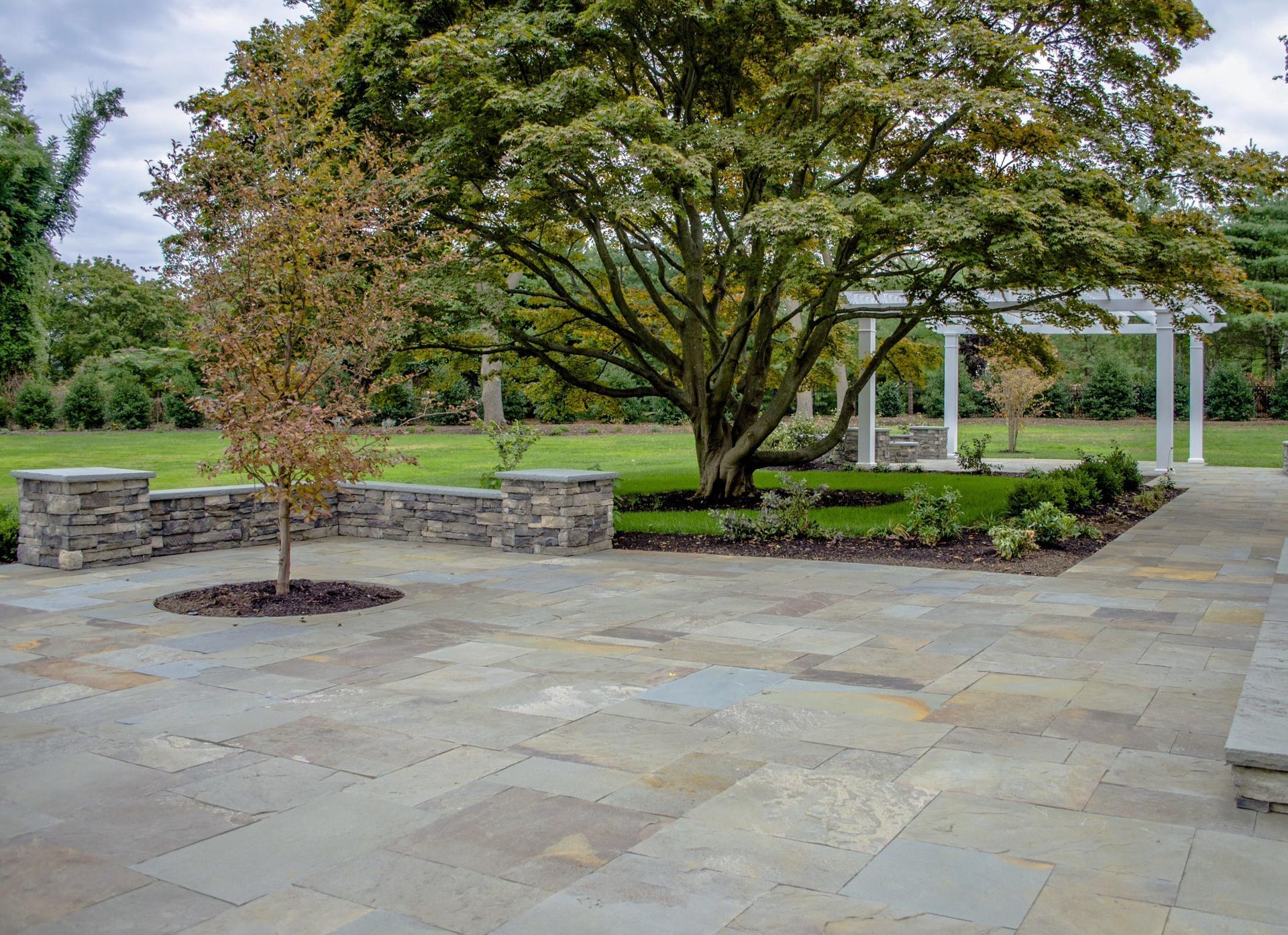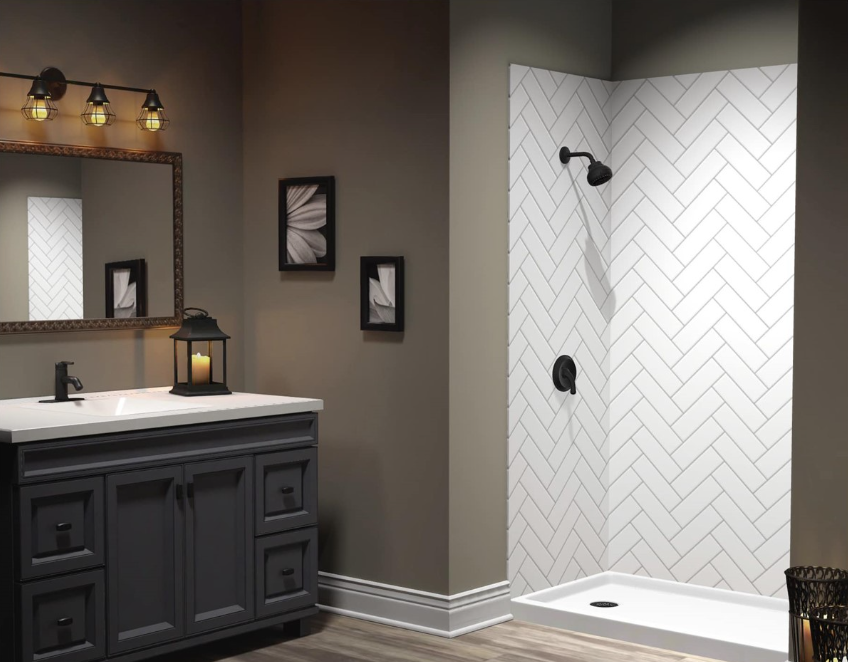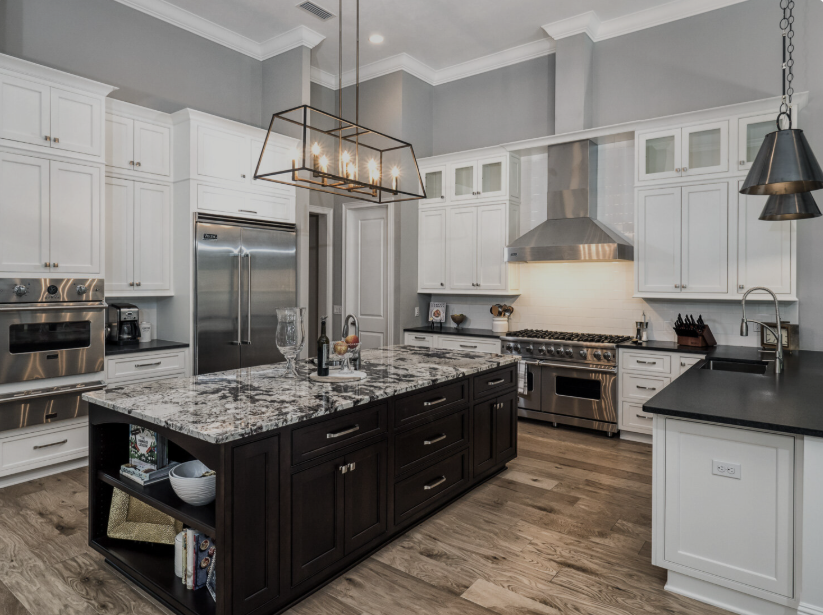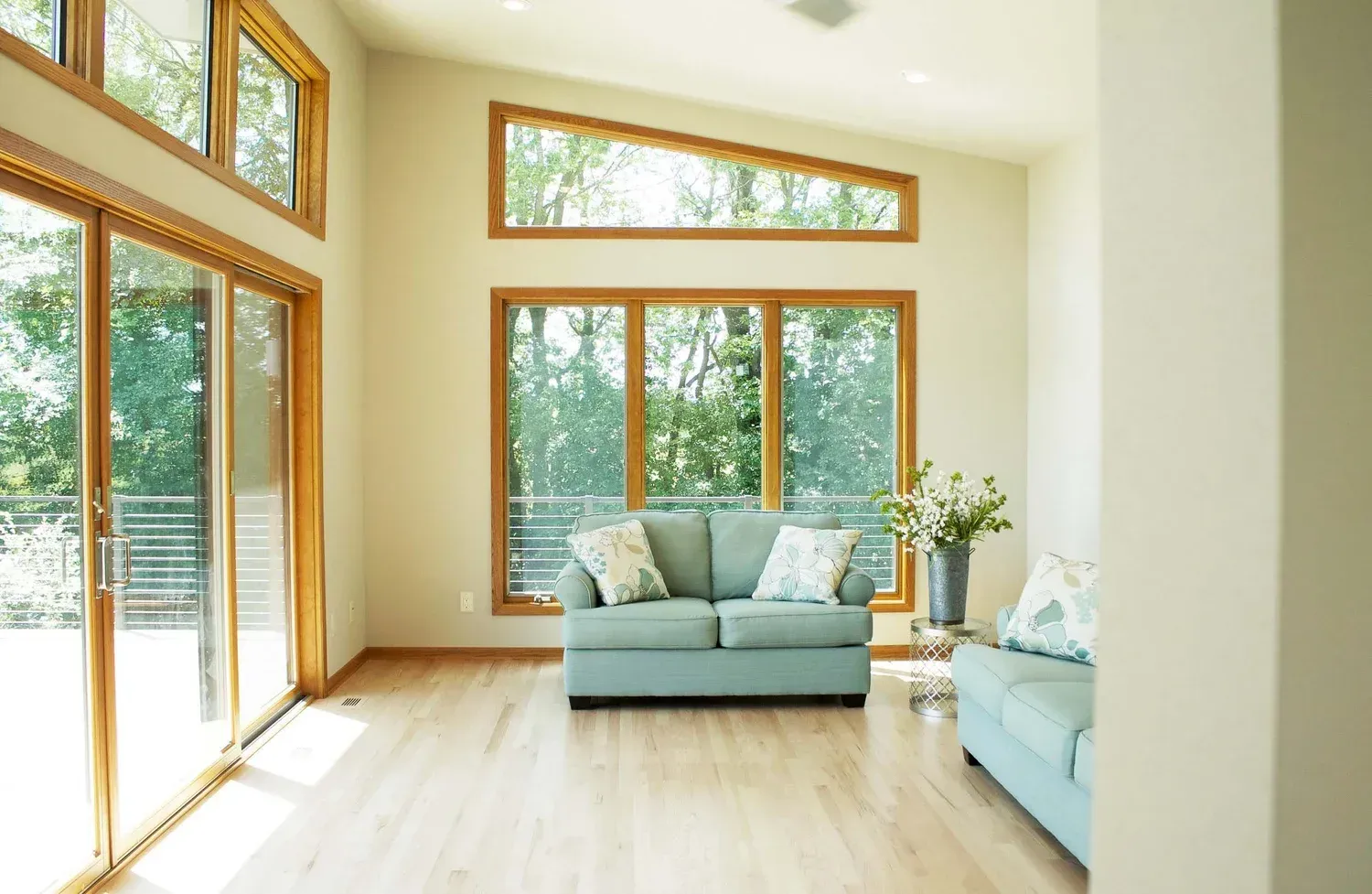Detached vs. Attached Garages in Rhode Island
Attached garages connect directly to your home, offering convenience and weather protection - ideal for Rhode Island's harsh winters. Detached garages stand separately, providing more design flexibility and potential for additional uses like workshops or storage, while often being more cost-effective to build.
Understanding Rhode Island's Garage Requirements
Rhode Island Building Codes for Garages
In Rhode Island, both attached and detached garages must comply with state building codes and local zoning regulations. Key requirements include:
- Setback requirements: Detached garages typically need 5-10 feet from property lines
- Fire separation: Attached garages require fire-rated walls between garage and living spaces
- Foundation requirements: Both types need proper foundations suitable for RI's frost line depth
- Electrical codes: GFCI outlets and proper lighting are mandatory
Rhode Island Climate Considerations
Rhode Island's coastal climate significantly impacts garage decisions:
- Winter temperatures: Average lows of 20-30°F make attached garages appealing for car protection
- Salt air exposure: Coastal areas require corrosion-resistant materials
- Snow load requirements: Garages must handle 25-40 PSF snow loads depending on location
- Hurricane preparedness: Structures must withstand 110+ mph winds in coastal zones
Attached Garages in Rhode Island: Pros and Cons
Advantages of Attached Garages
Weather Protection: Rhode Island's unpredictable weather makes attached garages incredibly valuable. No more scraping ice off your car or trudging through Newport snow to reach your vehicle.
Convenience Factor: Direct access to your home is especially important during Providence's harsh winters or during summer thunderstorms common throughout the state.
Security Benefits: Attached garages in Rhode Island suburbs like Warwick, Cranston, and Pawtucket offer better security for vehicles and stored items.
Energy Efficiency: Shared walls can help reduce heating costs - important given Rhode Island's high energy prices.
Higher Property Values: Attached garages typically add more value to Rhode Island homes, especially in competitive markets like East Greenwich or Barrington.
Disadvantages of Attached Garages
Higher Construction Costs: Building attached garages costs 15-25% more due to fire safety requirements and structural integration.
Noise and Fume Concerns: Car engines and garage door openers can disturb household peace, while exhaust fumes may enter living spaces if not properly ventilated.
Design Limitations: Your garage must complement your home's architecture, potentially limiting size or placement options.
Fire Risk: Though rare, fires can spread more easily from attached garages to the main house.
Detached Garages in Rhode Island: Pros and Cons
Advantages of Detached Garages
Lower Construction Costs: Detached garages cost 15-30% less to build, as they don't require fire-rated materials or complex structural integration.
Design Flexibility: You can build any style that fits your property, from Cape Cod traditional to modern designs popular in Providence's artistic districts.
Noise Separation: Garage activities won't disturb your family - important for workshop enthusiasts or early commuters.
Multi-Purpose Potential: Extra space for workshops, home gyms, or storage - valuable in Rhode Island where basement flooding can be an issue.
Easier Permitting: Often simpler permitting process compared to attached structures.
Disadvantages of Detached Garages
Weather Exposure: Rhode Island's coastal storms and winter weather mean you'll face the elements when accessing your vehicle.
Security Concerns: Generally less secure than attached garages, especially important in urban areas like Providence or Pawtucket.
Utility Costs: Separate electrical service and potential heating systems increase ongoing costs.
Property Value: Typically add less resale value compared to attached garages in Rhode Island's competitive real estate market.
Cost Comparison in Rhode Island
Attached Garage Costs
- Single-car attached: $15,000-$25,000
- Two-car attached: $25,000-$40,000
- Three-car attached: $35,000-$55,000
Detached Garage Costs
- Single-car detached: $12,000-$20,000
- Two-car detached: $20,000-$32,000
- Three-car detached: $28,000-$45,000
Costs vary based on location, materials, and site conditions. Newport and coastal areas typically cost 10-15% more due to stricter building requirements.
Rhode Island Zoning and Permits
Setback Requirements by Municipality
Providence: 5-foot minimum setback for detached garages
Newport: 10-foot setback from property lines, 20-foot from primary residence
Warwick: 5-foot side/rear setback, varies by zoning district
Cranston: 6-foot minimum setback for detached structures
Always check with your local building department, as regulations vary significantly across Rhode Island's 39 cities and towns.
Permit Requirements
Both garage types require building permits in Rhode Island. Expect:
- Plan review: 2-4 weeks
- Permit fees: $200-$800 depending on project size and municipality
- Inspections: Foundation, framing, electrical, and final
Best Options for Different Rhode Island Locations
Urban Areas (Providence, Pawtucket, Central Falls)
Recommendation: Attached garages for security and space efficiency on smaller lots.
Suburban Areas (Warwick, Cranston, West Warwick)
Recommendation: Either option works well; choose based on budget and preferences.
Coastal Areas (Newport, Westerly, Narragansett)
Recommendation: Detached garages may be better due to salt air corrosion concerns and storm surge risks.
Rural Areas (Foster, Glocester, Exeter)
Recommendation: Detached garages offer more flexibility and multi-purpose potential on larger lots.
Making Your Decision: Key Questions
- What's your budget? Detached garages offer more value if budget is tight.
- How important is weather protection? Rhode Island winters favor attached garages.
- Do you need workshop space? Detached garages excel for multi-purpose use.
- What's your lot size? Smaller urban lots may require attached garages.
- How long do you plan to stay? Attached garages typically offer better resale value.
Rhode Island Garage Maintenance Tips
Winter Preparation
- Salt protection: Rinse vehicles regularly to prevent corrosion
- Snow removal: Keep garage entrances clear for safety
- Heating considerations: Insulation is crucial for attached garages
Coastal Maintenance
- Ventilation: Prevent moisture buildup in humid coastal air
- Material selection: Use corrosion-resistant hardware and finishes
- Regular inspections: Check for salt damage annually
Energy Efficiency in Rhode Island Garages
With Rhode Island's high energy costs (among the highest in the nation), consider:
Insulation: R-13 walls and R-19+ ceilings minimum
Energy-efficient doors: Insulated garage doors reduce heat loss
LED lighting: Lower operating costs for frequently used spaces
Solar options: Rhode Island's renewable energy incentives make solar garage additions attractive
Which Garage Type Is Right for Your Rhode Island Home?
The choice between attached and detached garages in Rhode Island depends on your specific situation, but here are general guidelines:
Choose attached if you:
- Live in an urban area with security concerns
- Want maximum convenience during harsh Rhode Island winters
- Have a smaller lot with space constraints
- Prioritize resale value
Choose detached if you:
- Want to save money on construction costs
- Need a workshop or multi-purpose space
- Have a larger lot with placement flexibility
- Live in a coastal area where salt air is a concern
Both options can work well in Rhode Island's diverse communities, from the historic streets of Newport to the suburban neighborhoods of Warwick. The key is choosing the option that best fits your lifestyle, budget, and long-term plans.
Ready to build your dream garage in Rhode Island?
Rockhouse Construction specializes in both attached and detached garage construction throughout the Ocean State. Our experienced team understands Rhode Island's unique building requirements, climate challenges, and local permit processes. From Providence to Newport, we've helped homeowners choose and build the perfect garage solution for their needs.
Contact us today for a free consultation and estimate on your garage project.
